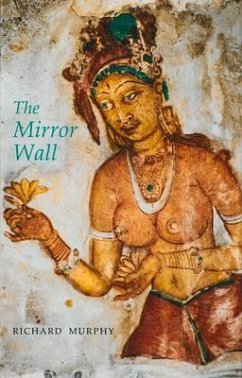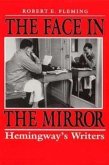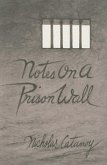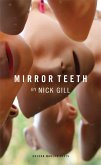Halfway up the remote fortress of Sigiriya in Sri Lanka is a long wall of polished plaster, with mysterious golden women painted on the rock above, who seem to be dancing in the clouds. Twenty of these frescoes have survived since the end of the fifth century. The "Mirror Wall," as it's called, is covered with graffiti: hundreds of songs relating to these cloud nymphs, composed by nobles, merchants, travelers and Buddhist monks during the eighth, ninth and tenth centuries. These songs or lyrics were sung, probably with vina, flute and drums, in the gallery beneath the portraits, where the words were written on the wall: love poems, satires, and curses; happy, witty, ironical, and sad celebrations of beautiful, erotic, festive, and sometimes painful experiences. Richard Murphy's poems were inspired by the songs of the Mirror Wall. Some keep close to the intricate forms and meaning of their Old Sinhala originals. More often they are free versions, elaborating particular images and ideas, bringing in modern voices or combining several songs.
Hinweis: Dieser Artikel kann nur an eine deutsche Lieferadresse ausgeliefert werden.
Hinweis: Dieser Artikel kann nur an eine deutsche Lieferadresse ausgeliefert werden.








